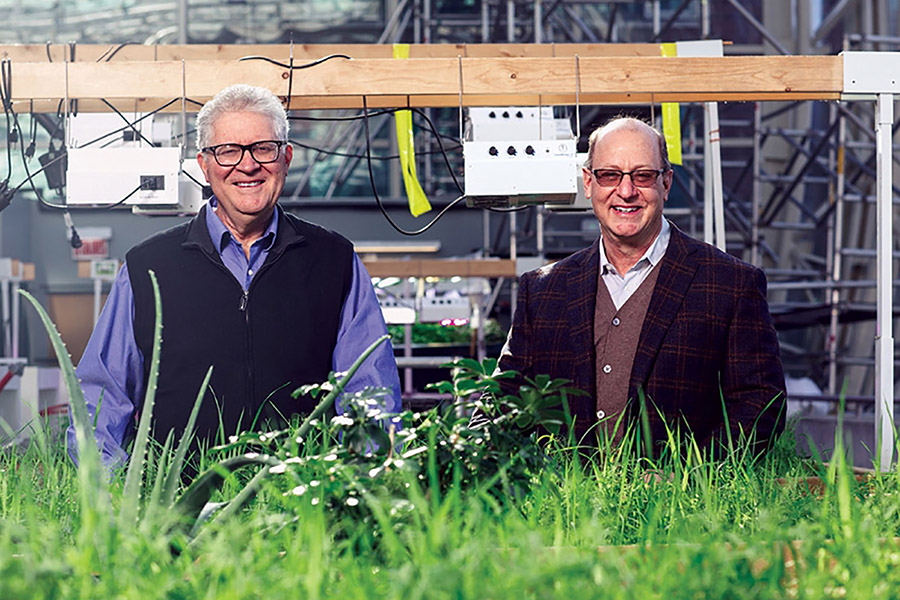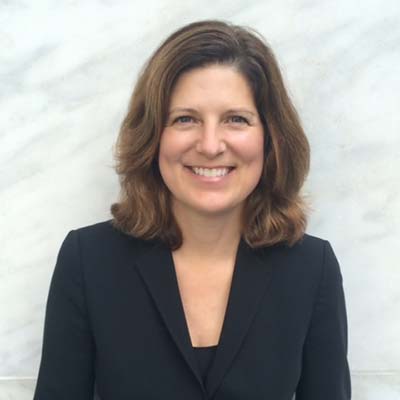It’s tough to find a better example of environmental stewardship and sustainable use than organic farming.
Indeed, the responsible growth of food that sustains us is pretty much the ideal picture of the impact-investing ethos. With only an estimated 1% of farmland in the United States certified as organic, it’s an area ripe for growth.
For Iroquois Valley Farms, that growth will be fueled in large part by next-generation farmers. Iroquois Valley, founded in 2007, provides long-term leases and mortgages to organic and regenerative farmers. As the nation’s first organic, family-farmer-focused Real Estate Investment Trust (REIT), Iroquois Valley is enabling the millennial generation to invest directly in healthy, organic food production. The company, whose stock has earned over 8% annualized since inception, has invested $70 million in organic farmland. The REIT is incorporated as a Public Benefit Corporation and is a certified B Corp, meaning that in addition to providing a financial return, the company provides benefits to the public such as healthy food, safe water, and a cleaner environment.
It’s a long way from the company’s beginnings just prior to the mortgage-fueled Great Recession. At that time, cofounder David Miller came into possession of a 10-acre piece of family property, which he transitioned to an organic farm. At the same time, Dr. Stephen Rivard, Miller’s college roommate, was observing the effects of overexposure to herbicides and pesticides on agriculture workers.The duo, along with 10 friends and family members, formed Iroquois Valley Farms. It’s a farmer-centric business model, meaning the farmers bring opportunities to Iroquois, not the other way around. “We never go out and buy land and then try to find a farmer,” he explains. “That’s a non-scalable approach to being in business. Farmers bring us the opportunity, and we buy the land and lease it to the farmer, with a goal of the farmer eventually buying the land from us.”
“It’s hard to move too fast in organic farming, but if you try, you usually make big mistakes,” Miller claims. “This is not the kind of business where you can just buy some land, shake hands with the farmer, come back in 10 years, and sell the property to pay everybody off. That’s a complete mismatch with what the farmers want. They want the land for the rest of their lives, so we knew that we had to be different than a traditional farmland investor.”
In addition to growing slower with its committed capital, the firm is willing to work with individual investors.
“In 2019, we did a direct public offering that allows people to invest in our REIT even if they are not accredited investors,” says Miller. “Because the REIT isn’t traded on an exchange, investors buy our shares directly from the company. We accept investments from trusts and IRAs because they are long-term investment vehicles that fit with the time horizons of our model.” Additionally, the company is large enough that if an investor wants to redeem their investment, they can do so after 5 years, without the company selling the farmland. The long-term horizon of the investment and the risky nature of farming means Miller and the staff at Iroquois must be innovative.
Iroquois Valley Farms thinks carefully about diversification. It has a large investor base of over 600 investors and has invested in over 80 farm properties, diversifying its risk away from any one farm. “We also diversify operationally with farms that use different regenerative practices like agroforestry, no-till intercropping, and rotational grazing,” says Miller. The company has also partnered with collaborative investors to fund several deals with a direct impact on the soil and environment.
To help farmers who need resources beyond what a for-profit company can provide, Miller and Rivard set up a foundation called the Healing Soils Foundation. Healing Soils is a 501(c)3 tax exempt organization that works to improve the health of the food system by improving soil health, human health, community health, and planet health. Joseph Mantoan is HSF’s chairman of the board and works with his five-person board to provide grants to farmers whose mission aligns with the Foundation’s beliefs. One of the immediate goals of HSF is to help BIPOC farmers. Black and Brown farmers have had over 12 million acres of land unjustly taken from them and have been victims of discrimination.
In addition to REIT shares, Iroquois Valley also offers promissory notes for investment. Recognizing that the costs associated with a 3-year transition to Certified Organic status is the most difficult period for farmers, the company offers Soil Restoration Notes. The Notes carry a 5-year term and pay 2% per annum interest to investors. The proceeds are used to help farmers with the organic transition, which is all about restoring the soil.
A Certified B and Public Benefit Corporation, Iroquois Valley is also an investment option for donors to the ImpactAssets Giving Fund (a donor-advised fund) and is included in the ImpactAssets 50, a resource that provides investors and financial advisors with detailed information about 50 of the most experienced impact investment firms and potential investment options.
Iroquois Valley continues to innovate and raise capital. As Miller says, “We care about social values, our health, and the environment. We believe it’s important to engage the next generation, so they can invest in this change.”




































